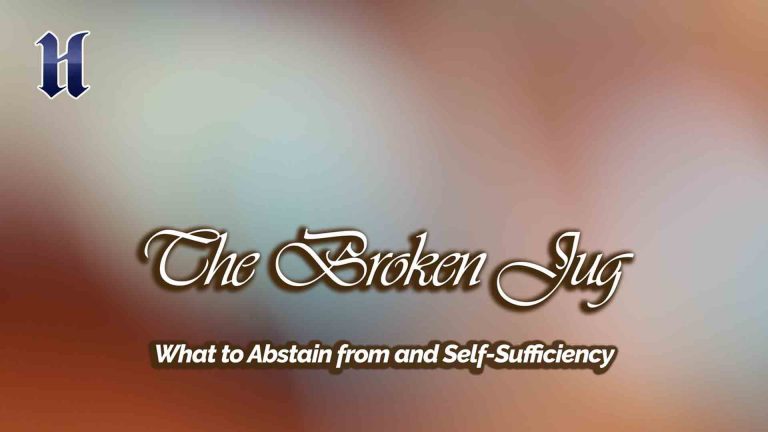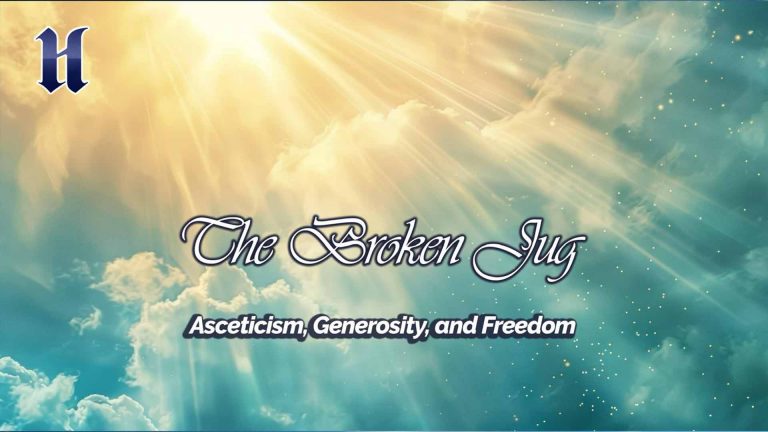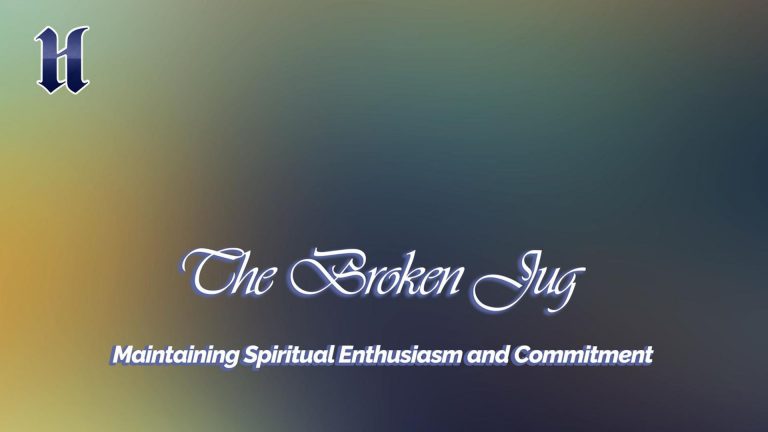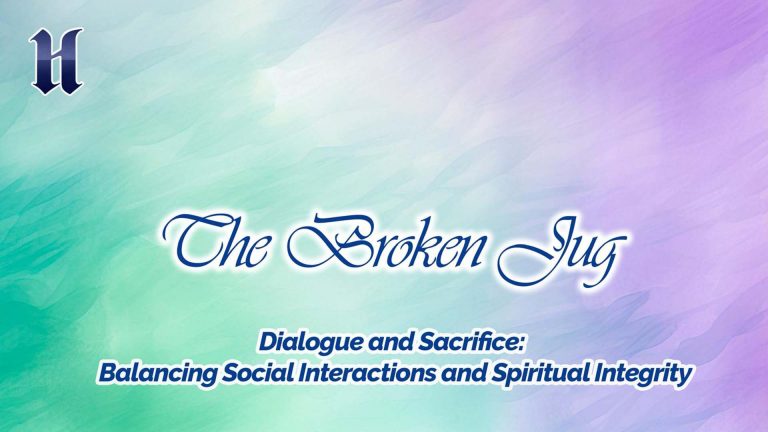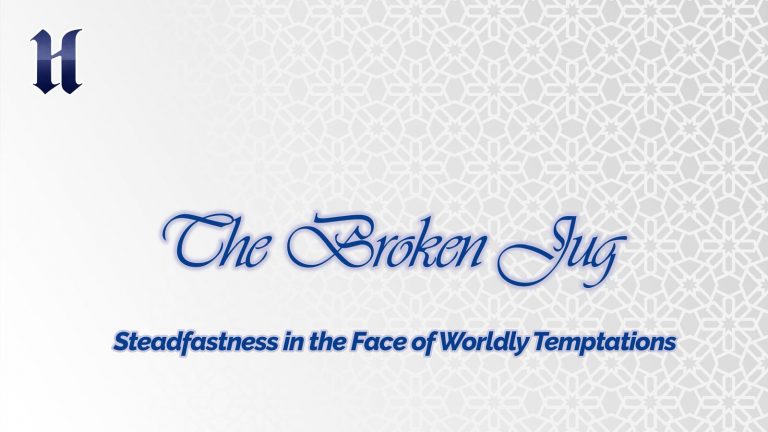Question: People who speak up against oppression and injustice, and who try to steer people from committing evil, are prone to slanders, threats, and pressure. What is the proper conduct in compliance with the Qur’an and Sunnah in such a situation?
Answer: God Almighty states that followers of the last Prophet, peace and blessings be upon him, are the best community of humanity: “You are the best community ever brought forth for (the good of) mankind, enjoining and promoting what is right and good and forbidding and trying to prevent evil, and (this you do because) you believe in God” (Al Imran 3:110). And He made this quality of being the “best” community conditional to enjoining the good and forbidding evil; or in other words, conditional on trying to make goodness common and trying to save people from the harms of the evil. In this respect, in order to raise an exemplary generation to be envied by angels, it is necessary to enjoin good and let people meet goodness and beauty; but we also must make an effort to steer people from what sound reasoning and unadulterated human nature acknowledges as ugly.
Unrecognized Goodness
It is necessary to draw well the frame and limits of the issue of avoiding evils. Firstly, it should not be forgotten that this attitude is not a stance against an individual, but the evil attributes that person has. In other words, each evil attribute is like a virus that a person has contracted. The real aim is to eliminate the virus, and thus let the person regain health, goodness, safety, and peace. Therefore, if a believer takes a stance against negative attributes, or even declares war against them, he or she must be as merciful as possible toward those who bear these attributes, and use a soft language and style toward them as much as possible. So much so that while you avert those who committed evil from those evils, they should not recognize whether you take a stance against them or not. You should act in such a way with your gentle style that they should get rid of these bad attributes as easily as taking off some garments. Acting this way is a necessity of a Prophetic attitude and the path of the blessed Prophet.
If you respond to a negative attitude and behaviors with a different negativity, you will not have prevented the negative behavior; you will have multiplied them. Particularly in our time, when people are continuously inculcated with negativities and most of them engage in various negative attitude and behaviors as a consequence, this issue bears further importance.
To put it in the words of Rumi, you are supposed to be like the sun is compassionate as it pats everybody’s heads; like the ground under our feet is modest; like the rain is generous and helps as it nourishes greenery; like trees as they provide shade for others; like the night as it covers up the faults of others; and like an immense sea is tolerant. This is true particularly concerning those who turn to the same qiblah with you and prostrate in the same way with you but who have strayed toward some wrongs or mistakes due to the goading of Satan and the drives of their carnal soul. Even if they move away from you, you should know to stand where you are. If you similarly move away from them when they move ten kilometers from you, then you will have increased the distance to twenty kilometers. But if you keep your position, you reduce the distance to half. And this distancing solely becomes a mistake of theirs. If they regret one day, and wish to come back, then they will not have far to go and they will not have to try and justify their mistakes. What really matters is not making the discord worse, but defying it with the shield of chivalry, and finishing it with God’s permission.
A Trial with Feelings of Dignity and Honor
Some might deem taking an attitude against such people a necessity of protecting their dignity and honor. The Pride of Humanity however, who possessed ultimate dignity and honor virtually like a crown on his head, knew to take one step back at some critical points, for the sake of good results he expected to see in the future. Thus, he showed us that a sensible step taken back when necessary is conduct that befits a Muslim.
For example, he set forth from Medina with his Companions for a minor pilgrimage (Umrah), and covered a distance of nearly 400 km with them. However, when only a distance of some 60-70 km remained to their destination at Mecca, a group of Meccan polytheists confronted them and prevented them from entering Mecca. Khalid ibn al-Walid, who had not yet embraced Islam and who was famous for his military genius, surrounded the Muslims with the soldiers under his command. The Pride of Humanity did not react to this.[1] Actually, with a single sign from the blessed Prophet, the Companions would fight with their hearts and souls, overcome the forces of Khalid ibn Walid and Amr ibn al-As with God’s permission, and enter the Ka’ba.
Caring for not only his own but also the dignity and honor of those people which he regarded as entrusted to him, the Messenger of God still accepted the treaty stating that Muslims would return to Medina that year without visiting the Ka’ba, although he had promised a visit to Ka’ba to his Companions and knew how they felt. After the treaty was signed, he returned to Medina with them without observing the minor pilgrimage. He did this just as he erased the title “The Messenger of God” on the treaty when the polytheists objected. Likewise, he accepted the treaty articles that outwardly seemed disadvantageous to Muslims such as, “If anyone wished to go from Mecca to Medina, they will not be admitted. On the other hand, those who wish to return to Mecca will not be prevented…” During the treaty negotiations, there were even cases such as the tortured Muslim captive Abu Jandal’s escape from Mecca and seeking refuge in the Messenger of God.
Each of these cases is in a way a point where honor and reputation are put aside. Although the Pride of Humanity was a person who had on his conscience the entirety of the sufferings the Companions went through, he put up with all of these events. In a way, these can also be considered as a form of backing down. However, each of these is at the same time a very important move in terms of attaining metaphysical vigilance, and then proceeding. Indeed, backing one step down here would prepare the grounds for a peaceful conquest of the Ka’ba when the Muslims comfortably took Mecca.
Active Patience and the Moment When Breezes of Divine Help Blow
As for our time, our honor and pride might be broken and we might be disgraced. We may face grudge, hatred, and envy to the degree of facing opposition for the most auspicious deeds we do, with accusations of their being devilish deeds. At certain times in Turkish history, those who could not put up with religious belief and thought attacked you, and scrutinized everything you did. Years have passed now, but nothing has much changed. After those without belief, hypocrites came and continued the oppression. And after they also left, this time there came certain Muslims who had access to certain powers and means. They also gave you the same raw deal as those who once persecuted you did. They took an attitude against the preparatory schools for university—the dorms and schools which people of Anatolia opened with pains and tears, without antagonizing anyone. Hoping to find any faults, they unleashed some people against these education centers. Intolerance and jealousy sometimes makes a person commit evils an unbeliever would not even do.
However, we should not be shaken at all in the face of these evils, nor be concerned for our honor or pride. On the contrary, we should deem that God Almighty allows evils on account of certain wisdoms, and that nobody can do any harm if He does not allow, and turn to Him in full trust in His wisdom and mercy. We should say,
“Troubles from Divine Majesty,
Or graces from Divine Beauty,
To my soul, both are lovely!
Graces and troubles, I welcome them equally,”
We should wait for the moment when breezes of Divine help will blow. No matter whether those who commit oppression and injustice are antagonists of religion, those who stand in between, believers taken by envy, or hypocrites who outwardly appear as Muslims, we must absolutely not make any concessions with our feelings, thoughts, and essential principles on this issue. Our bosom must always be open to everyone; we must know to send armfuls of love to everyone. In response to those who shoot arrows at us, we must put roses to our bows and shower their worlds with roses; whether they understand this or not. Whatever we understand from the Qur’an and tradition of the Messenger of God, peace and blessings be upon him, in terms of ways and manners, we must keep being loyal to them until our last breath.
[1] Ibn Hisham, Siratu’n-Nabawiyya, 4/275–276.
This text is the translation of “Zulmün Yeni Bir Versiyonu ve Şeklî Müslümanlık.”


